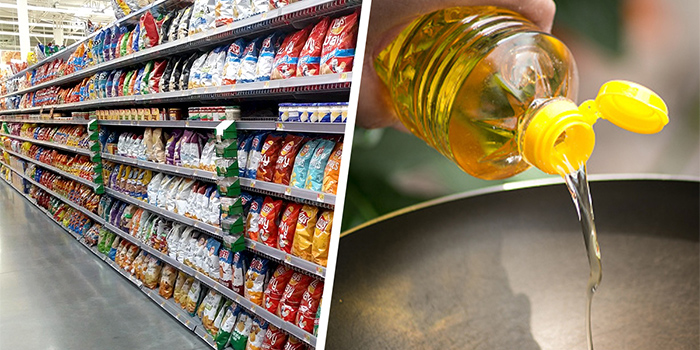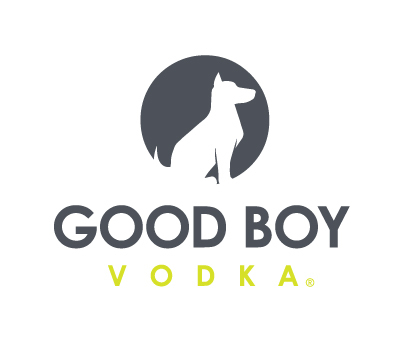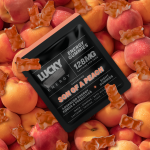Ingredients: Indonesia’s Palm Oil Ban Adds to Global Supply Woes, But May Not Last
[UPDATE]: The government of Indonesia reverted to its original policy on Wednesday, stating it will ban all palm oil exports – including crude palm oil and palm kernel oil – effective at midnight, April 28.
The country originally announced a total ban last Friday, but revised the notice over the weekend to only restrict exports of a processed version of palm oil (refined, bleached and deodorized (RBD) palm olein). Each policy change has induced significant price volatility for palm oil, with a ripple effect across the edible oil market.

The government of Indonesia announced this week it will ban the export of refined, bleached and deodorized (RBD) palm olein, beginning April 28, until prices of bulk cooking oil fall below 14,000 rupiah per liter (approximately USD$0.97), according to a statement made by the country’s chief economic minister, Airlangga Hartarto, during a press conference today.
The Southeast Asian country, the world’s biggest producers of palm oil, abruptly announced a total ban on palm oil exports last Friday, sending vegetable oil buyers into a panic and causing global edible oil prices to skyrocket over the weekend, while also causing shares of Indonesian palm oil companies and the value of the rupiah to plummet. The ban has since been revised to allow for crude palm oil and palm kernel oil exports. Indonesia exports about $3 billion worth of palm oil products a month on average, according to Reuters.
“This means that certified sustainable palm oil (CSPO) in crude form and certified sustainable palm kernel oil (CSPKO) produced in Indonesia will still be available to a global market,” stated Dr. Inke van der Sluijs, Global Director of Market Transformation for the Roundtable on Sustainable Palm Oil. “However, the ban may impact some countries where the domestic palm oil refinery capacity is not sufficient to meet its market requirements.”
Currently, the ban restricts the export of RBD palm oil, which is a processed, higher value product that accounts for up to 40% of Indonesia’s palm oil exports, according to Bloomberg. RBD palm oil is primarily used to fry industrially processed foods.
According to Bloomberg, Indonesia produces one third of all major vegetable oil exports globally and the government said the ban was initiated to protect the country’s domestic food price inflation.
While it has been a controversial ingredient due to its links to deforestation, the near extinction of orangutans and forced child labor, palm oil is now causing social unrest within Indonesia. Reuters reports that student-led protests have erupted across the country over the past month in response to the high domestic prices of cooking oil.
The price of palm oil in Indonesia has also been linked to the plummeting popularity of the country’s president, Joko Widodo, whose approval rating dropped almost 10% this month due to the rising prices of necessities like cooking oil.
Although unprocessed, crude palm oil is still allowed for export, a presentation by government officials revealed that the country is prepared to widen restrictions if there are additional domestic shortages of refined palm oil and crude palm oil, which are the raw materials used to make RBD palm oil.
If Indonesia does widen the ban, it could trigger additional food price inflation and a global shortage of edible cooking oils. However, according to unnamed industry officials, Jakarta lacks the infrastructure to store surplus oil and resist pressure from buyers, meaning the ban is unlikely to last more than a month, Reuters reported.
The ban comes at a time when many countries are enacting “crop protectionism” policies in response to Russia’s invasion of Ukraine, according to Bloomberg. Ukraine produces 80% of the world’s sunflower products, which are used to make cooking oils like sunflower and rapeseed. Both products have been in short supply since the war began, driving up vegetable oil prices even further amid global inflation caused by the pandemic-related supply chain disruptions.
At the beginning of the year, Indonesia enacted a short-term mandate to retain one-fifth of palm oil shipments for domestic consumption and set a retail price cap on the commodity; however this move caused buyers to turn their attention to Malaysia, the second-largest palm oil producer and increased demand for alternatives like soy and canola oil.
Additionally, droughts in Argentina and Canada, the world’s largest soy and canola oil producers, respectively, have added to the significant price increases felt in the vegetable oil market this year. According to the Food Agriculture Organization of the United Nations the price of vegetable oil price index rose 23% in March due to shortages of palm, soy, sunflower and rapeseed oils. Over the past six months, prices have almost doubled.

















